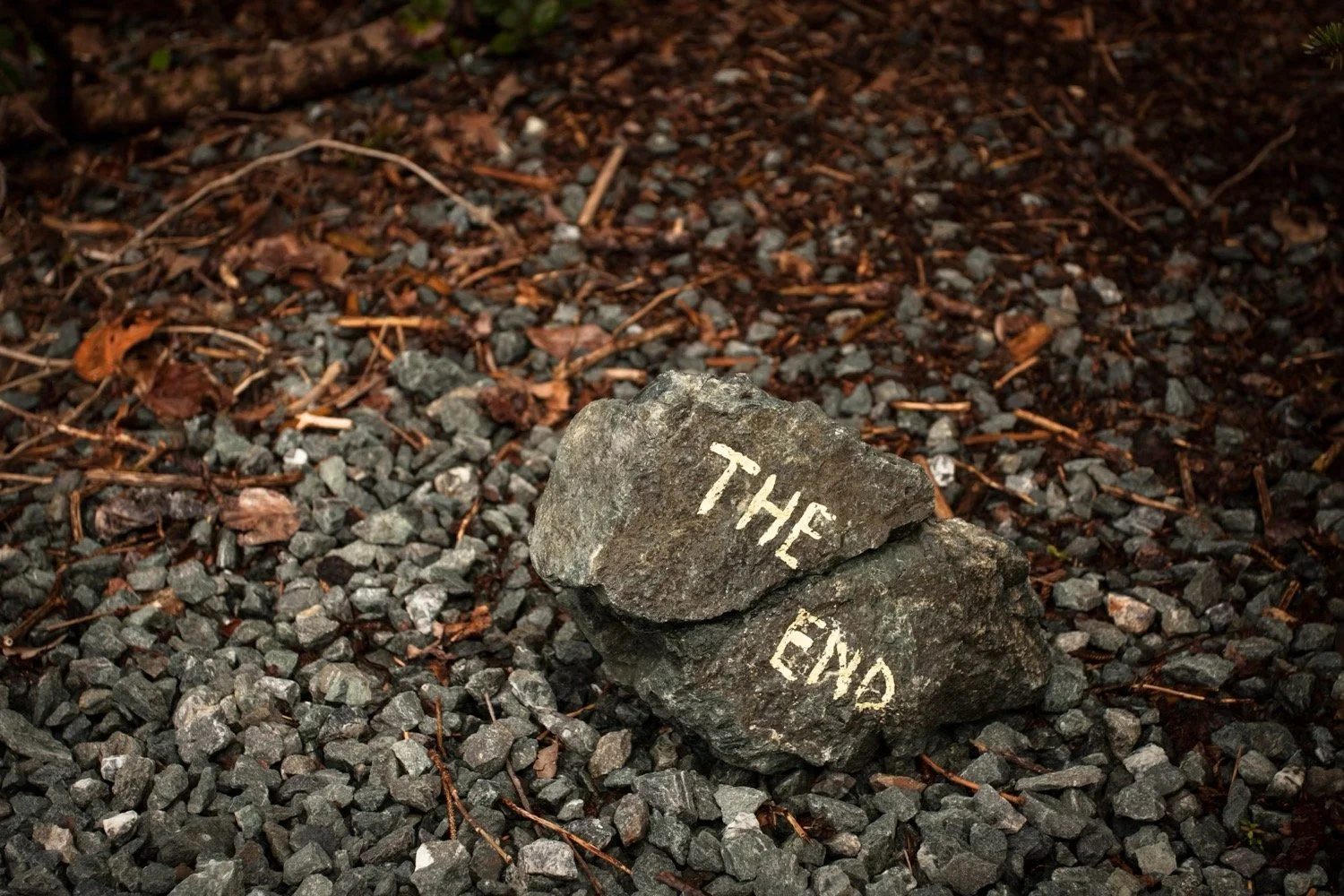Today is one of the most challenging days of the year for me. Good Friday confronts me even as it comforts me. The death of Jesus calls for nothing less than a radical, literal relinquishment of my own personal rights. There are no loopholes. No exceptions. No justifications for getting out of it. If I want to follow Jesus, I have to be willing to go to a cross. To relinquish every right I think I have...in exchange for the right to suffer. To be persecuted. To be the victim of injustice. To follow Jesus involves a cross. Nothing more. Nothing less. Nothing else. There's just no way around it.
Christians are not given the right to retaliate. To repay evil for evil. Eye for an eye. When we suffer injustice - like being forcemarched by Roman oppressors for a mile - we offer to go two. When someone begs from us, we do not have the option to pass them by. When faced with enemies whether personal or corporate, real or imagined, domestic or abroad, we love them. We pray for them. We follow the example of so many of our brothers and sisters around the world who face their persecutors with the love and grace and compassion of Christ. (See Matthew 5:41-44)
I have been told I am naive for holding to such views. Many have given me different scenarios under which returning violence for violence is necessary. All kinds of justifications are offered in defense of the "eye for an eye" principal. But on this day - Good Friday - such justifications pale in significance to the cross where my Lord died. Where my King completely and totally and utterly gave up his right to retaliate. To respond in kind. To pay back evil for evil. Eye for an eye. Tooth for a tooth. On this day, all justifications for necessary violence cease as I gaze on the face of the one who loved me so much he was willing to die. Throughout human history, our race has pursued violent means to accomplish peaceful ends. And we have so little to show for it. Does anyone really believe we will achieve peace in the Middle East? Or stop the genocide in Sudan? At best, all we human beings can achieve is a ceasefire. A demilitarized zone. An uneasy period of detente between the outbreak of hostilities. Why? Violence begets violence. Always. Unless one eradicates the enemy completely.
Jesus offers a different way. The way of true peace comes when we - who belong to a different Kingdom and who serve a crucified King - willingly give up our need for revenge and retaliation. We give up our right and our need for justice in this world. We come to grips with the fact that this world is sinful and broken and evil and we will not find what we are looking for this side of heaven. It doesn't mean we shouldn't work for such ends but it does mean we should stop using the weapons of this world to do so. Instead, we lay hold of the fact that our warfare is not against flesh and blood but against the spiritual forces of evil in the heavenly places. The weapons of our warfare are not worldly but mighty in God to tear down every stronghold and every high thing that sets itself up against the knowledge of God. Rather than strap a cross to a shield and march off to kill, we should willingly go to the cross ourselves just like our Savior. Just like the disciples. Just like the early Christians. Just like the Chinese Christians today or the Ethiopian Christians who are changing the world through their willingness to truly give their lives for their faith.
I love this quote from Paul Scherer - writing in 1943 during WW2 - "We are living in a world where there is something so incorrigible; so vast and demonic that God Himself had to get into it and die before anything could be done about it...the surest claim we have comes from a Person, whose very presence it is that keeps His will alive. Against him men do not revolt; against him men break and destroy themselves. What he says, life repeats and at last enforces. But every soul must make it's own choice, standing on it's feet with the eyes of God upon it in the face of Jesus Christ." From the cross, Jesus looks down on our world. Looks down on each of us. He looks beyond all our achievements. All our accomplishments. All our so-called power and wealth and influence. He looks into the darkest, deepest recesses of our souls with this gentle, persistent, haunting command, "Come follow me."













